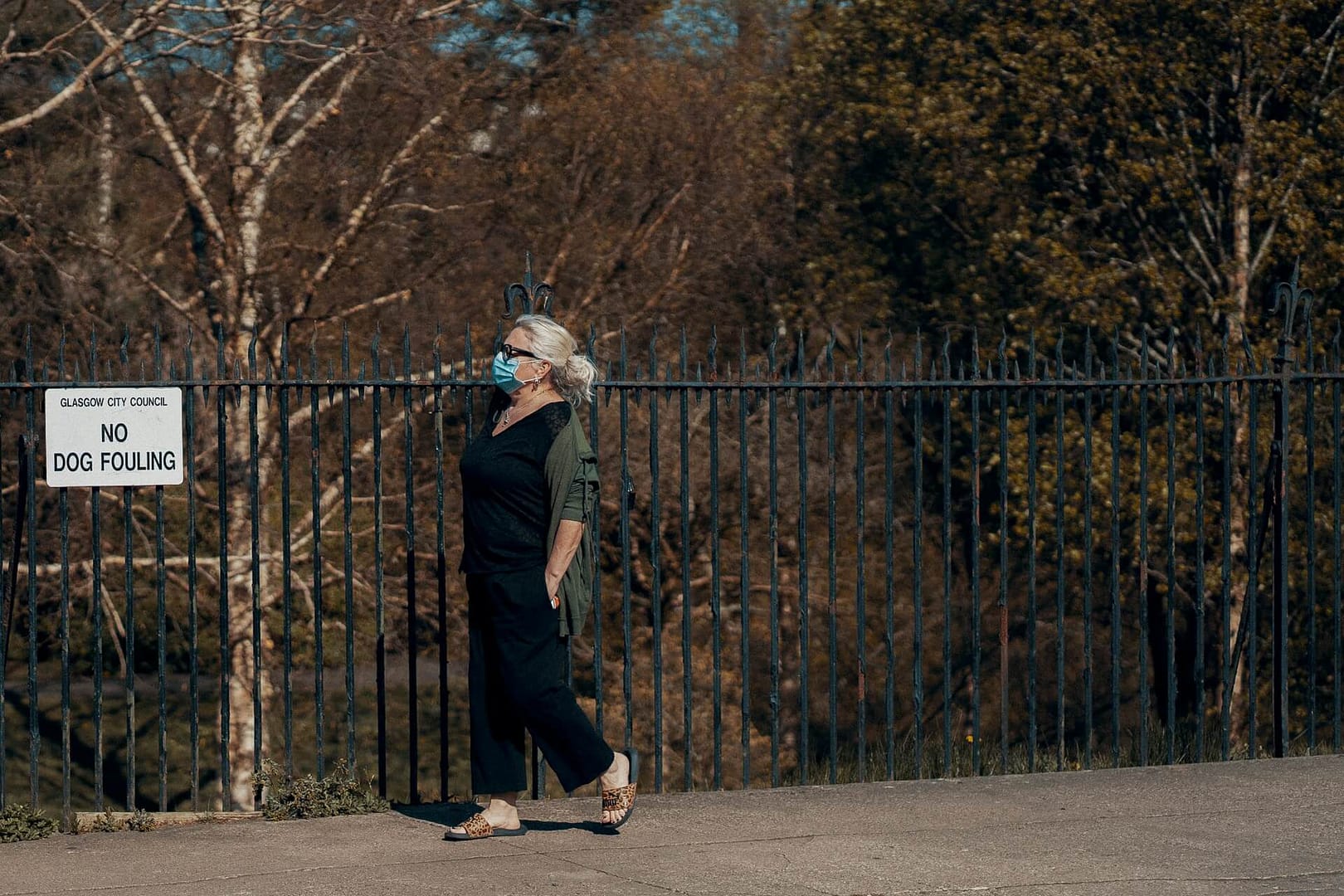In today’s complex world of healthcare, where the stakes are high and the margin for error is slim, the role of healthcare regulators is of paramount importance. These regulatory bodies are responsible for ensuring the safety and quality of healthcare services, and one of their primary functions is to prevent clinical negligence. This article will delve into the vital role of healthcare regulators in the context of the UK, exploring who these regulators are and how they contribute to minimising clinical negligence.
Understanding the Role of Regulators in Healthcare
Healthcare regulators are organisations or government bodies tasked with overseeing and regulating healthcare providers, facilities, and professionals to ensure that they adhere to established standards, guidelines, and laws. Their ultimate goal is to safeguard the well-being of patients and the overall quality of healthcare services.
These regulators act as guardians of public health, playing a pivotal role in maintaining the integrity of the healthcare system. They achieve this through a variety of mechanisms, including licensing and certification, setting standards, conducting inspections, and investigating complaints. In essence, healthcare regulators are the gatekeepers of patient safety.
The Three Main Healthcare Regulators in the UK
In the United Kingdom, healthcare regulation is overseen by three main regulatory bodies, each with its specific focus and responsibilities. These organisations are integral to the prevention of clinical negligence and ensuring that healthcare providers uphold the highest standards of care.
Care Quality Commission (CQC)
The Care Quality Commission (CQC) is the independent regulator of health and social care in England. Their role is to inspect and regulate various healthcare services, including hospitals, clinics, nursing homes, and general practices. The CQC assesses the quality and safety of healthcare providers, ensuring that they meet the fundamental standards of care and that patients are protected from potential harm.
The CQC conducts regular inspections and publishes reports to inform the public about the quality of care provided by healthcare facilities. This transparency helps patients make informed decisions and holds healthcare providers accountable for the services they offer.
General Medical Council (GMC)
The General Medical Council (GMC) is responsible for regulating doctors in the United Kingdom. Its primary objective is to protect patients by ensuring that medical professionals meet high standards of competence and conduct. The GMC sets the professional standards that doctors must adhere to and has the authority to investigate complaints and take disciplinary action when necessary.
The GMC plays a crucial role in preventing clinical negligence by ensuring that doctors are adequately trained, licensed, and continuously monitored for their practice. This oversight helps maintain the public’s trust in the medical profession and holds doctors accountable for any lapses in patient care.
Nursing and Midwifery Council (NMC)
The Nursing and Midwifery Council (NMC) is the regulatory body responsible for nurses and midwives in the UK. It sets standards for education, training, and practice in the nursing and midwifery professions. The NMC’s primary focus is to protect the public by ensuring that nurses and midwives are competent and provide safe and effective care.
The NMC investigates complaints and takes disciplinary action against registered nurses and midwives when necessary, further emphasising the importance of maintaining the highest standards in patient care. By regulating these professionals, the NMC contributes to the prevention of clinical negligence, helping to keep patients safe and well-cared for.
The Collaborative Approach to Preventing Clinical Negligence
These three healthcare regulators in the UK work together in a collaborative approach to prevent clinical negligence. Their joint efforts encompass a wide range of activities and initiatives that contribute to a safer healthcare environment. Some of these key measures include:
Licensing and Accreditation
One of the primary roles of healthcare regulators is to grant licences and accreditations to healthcare providers and professionals. These licences are granted only when the providers meet specific standards and criteria. By doing so, regulators ensure that patients receive care from qualified and competent individuals and institutions.
Setting and Monitoring Standards
Healthcare regulators establish and continuously monitor the standards of care expected from healthcare providers. These standards cover everything from hygiene and infection control to clinical practices and patient safety protocols. Regulators regularly update these standards to keep pace with advancements in medical science and technology.
Inspections and Audits
Regular inspections and audits are a cornerstone of the work of healthcare regulators. These processes involve on-site visits to healthcare facilities, where inspectors assess compliance with established standards. If deficiencies are found, regulators work with the providers to rectify the issues and ensure that patients receive safe and high-quality care.
Complaint Handling and Disciplinary Action
Regulators are responsible for investigating and handling complaints from patients and their families regarding substandard care or clinical negligence. When complaints are substantiated, regulatory bodies can take disciplinary actions, including suspensions, fines, or revoking licences, depending on the severity of the violation.
Public Reporting
Transparency is a key element in the prevention of clinical negligence. Healthcare regulators regularly publish reports on the performance of healthcare providers, detailing their findings during inspections and investigations. These reports are accessible to the public, enabling patients to make informed decisions about their healthcare providers.
The Impact of Healthcare Regulators on Preventing Clinical Negligence
The impact of healthcare regulators on preventing clinical negligence cannot be overstated. Their work is instrumental in maintaining high standards of care and patient safety. Here are a few ways in which they contribute to this crucial mission:
Improved Accountability
By holding healthcare providers and professionals accountable for their actions, healthcare regulators create a culture of responsibility within the industry. This accountability serves as a powerful deterrent against clinical negligence, as providers are aware that any lapses in patient care can lead to severe consequences.
Enhanced Quality of Care
The continuous monitoring and regulation of healthcare services lead to an overall improvement in the quality of care. Healthcare providers are motivated to maintain and even exceed the established standards, ensuring that patients receive the best possible treatment.
Public Trust
Patients and their families trust healthcare regulators to safeguard their well-being. The public reporting of inspection results and disciplinary actions taken against healthcare providers fosters transparency and strengthens the trust of the public in the healthcare system. This trust is essential for patients to seek timely and appropriate care without fear of negligence.
Prevention of Harm
Regulators play a proactive role in preventing harm to patients. Through their various activities, they identify potential risks and shortcomings in healthcare facilities and professionals. By addressing these issues promptly, they help prevent clinical negligence and protect patients from harm.
Continuous Improvement
The healthcare landscape is constantly evolving, with new technologies, treatments, and best practices emerging regularly. Healthcare regulators adapt to these changes by revising and updating their standards and guidelines. This commitment to continuous improvement ensures that healthcare remains at the forefront of patient safety and care quality.
Making a Clinical Negligence Claim with National Claims
At National Claims, we understand the importance of ensuring patients’ rights and safety when it comes to healthcare. If you or a loved one has experienced clinical negligence and believe that it resulted from the failure of healthcare providers to meet the established standards of care, we are here to help.
Our experienced team of legal professionals specialises in handling clinical negligence claims. We guide our clients through the entire claims process, from the initial consultation to gathering evidence, negotiation, and, if necessary, litigation. Our goal is to ensure that you receive the compensation you deserve and that the healthcare provider is held accountable for their actions.
When you work with National Claims, you can expect the following:
Expert Legal Support
Our team comprises legal experts who specialise in clinical negligence cases. We understand the complex nature of these claims and have a track record of success in achieving fair settlements for our clients.
Thorough Investigation
We conduct a thorough investigation to gather evidence, interview witnesses, and assess the extent of the harm caused by clinical negligence. Our focus is on building a strong case that supports your claim.
Dedicated Support
Our team provides dedicated support and guidance throughout the entire claims process. We are here to answer your questions, address your concerns, and keep you informed about the progress of your claim.
No Win, No Fee
At National Claims, we offer a “no win, no fee” arrangement. This means that you don’t have to worry about upfront legal fees. We only get paid when we win your case, ensuring that you can pursue justice without financial barriers.

Conclusion
Healthcare regulators in the UK play a critical role in preventing clinical negligence by ensuring that healthcare providers and professionals adhere to high standards of care and conduct. The collaborative approach taken by regulators, such as the Care Quality Commission (CQC), the General Medical Council (GMC), and the Nursing and Midwifery Council (NMC), contributes significantly to safeguarding patient safety and the overall quality of healthcare services.
Through licensing, accreditation, setting standards, inspections, audits, complaint handling, disciplinary actions, and public reporting, healthcare regulators create a culture of accountability, enhance the quality of care, build public trust, prevent harm, and promote continuous improvement in the healthcare industry.
While regulators have made substantial progress in preventing clinical negligence, the ever-evolving healthcare landscape poses ongoing challenges. The role of healthcare regulators remains dynamic, requiring them to adapt to new risks, technologies, and patient expectations. Ultimately, healthcare regulators are essential in the mission to prevent clinical negligence and ensure the safety and well-being of patients in the United Kingdom.
If you believe you or a loved one has been a victim of clinical negligence, National Claims is here to provide expert legal support and guide you through the process of making a claim. Your safety and well-being matter, and we are committed to helping you seek justice and compensation for any harm you may have experienced due to clinical negligence.
Contact us today to speak to one of our claims specialists who will be able to help you get started with your claim.
Click below to see why we are one of the most trusted claims management companies in the UK.

We’re proud of our excellent customer reviews
We thrive on delivering exceptional service and ensuring our clients’ satisfaction. Don’t just take our word for it. Check out some of our independent reviews to see what our clients have to say.
Excellent

This firm is excellent, they sorted out my car pay out and injury claim very fast, they always communicate with you all the time.

My accident case was dealt with confidence and with great result of the outcome, especially James kept me informed all the time.

I was very impressed at the way my inquiry was treated. I was listened to attentively and everything I needed to know was explained to me.






